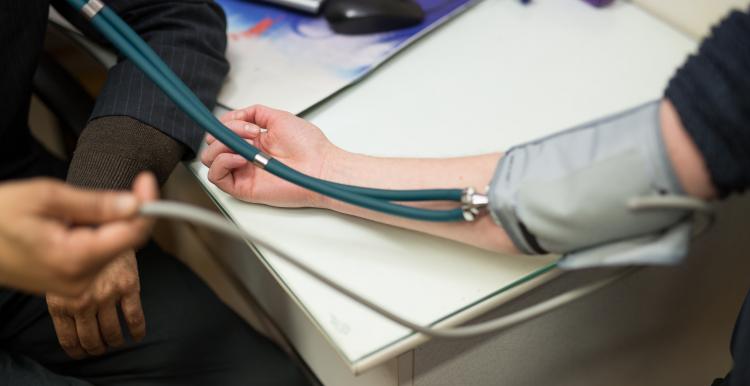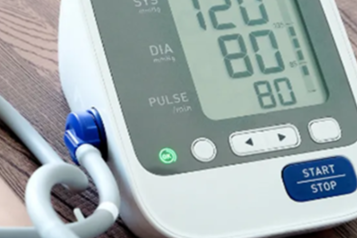Local doctors urge people to continue accessing healthcare as and when they need it

That is the stark warning from doctors across Bath and North East Somerset, Swindon and Wiltshire as new data shows a considerable drop in the number of people coming forward to ask their GP for help and advice during the coronavirus outbreak.
Recent statistics show that, in Bath alone, the total number of weekly referrals from GPs to the Royal United Hospital have fallen from around 2,000 at the beginning of March to 300 at the end of April.
And in Swindon, the average number of patients being sent by their GP to the Great Western Hospital for further investigations into symptoms that suggest cancer each week has dropped by more than 200 to 80.
Now, doctors at Bath and North East Somerset, Swindon and Wiltshire Clinical Commissioning Group are reminding people not to forsake their everyday health and wellbeing because of the current coronavirus situation.
Dr Ruth Grabham, Medical Director, said:
“These statistics make for worrying reading, as we know this drop is not because people are not experiencing symptoms.
“While it may seem that coronavirus has put a stop to most aspects of everyday life, the one thing it hasn’t stopped is what’s going on inside our bodies and, now more than ever, we need to pay attention to anything that isn’t normal and seek help early on.
“For example, if you notice blood when going to the toilet, or if you’ve found a lump that wasn’t there previously, or if you’ve just noticed something odd that is causing you to worry, you need to speak to your GP.
“Should the symptom be the early warning sign of something serious like cancer, that delay in seeking help could have serious implications for how successful possible treatments may be.”
'People should seek help as they always would'
Professor Peter Johnson, the NHS clinical director for cancer, has also urged people not to delay seeking help if they have early warning signs of cancer. He said:
“NHS staff have made huge efforts to deal with coronavirus but they are also working hard to ensure that patients can safely access essential services such as cancer checks and urgent surgery.
“From online consultations to the roll-out of cancer treatment hubs we are doing all we can to make sure patients receive the life-saving care that they need.
“The wishes of patients and their families will always come first, and we have to make sure that people feel safe coming to hospitals, but my message is clear: people should seek help as they always would.
“We know that finding cancer early gives us the best chance to cure it.”
Services remain open
Although GP practices across the region have adopted new ways of working, such as establishing isolated clinics for potential coronavirus patients, the practices themselves are still open to offer care, treatment, advice and peace-of-mind.
The same also goes for emergency departments at the three hospitals in Bath, Swindon and Salisbury, all of which continue to be open 24 hours a day for people with a genuine and life-threatening health concern.
Additionally, all healthcare facilities in the region, as well as those elsewhere in the country, have put in place stringent infection control measures to ensure that the risk of contracting coronavirus while visiting a hospital or GP surgery remains low.
Look after your mental health
People are also reminded to stay on top of their mental health and to contact one of the many local mental health support services that remain open at this time.
Details of which services continue to open, as well as how to get in contact, can be found online by visiting www.bswccg.nhs.uk.
Information on coronavirus
Read the latest information and advice from NHS England and Public Health England.
Support in your community
Find out where you can access support near you on this dedicated page.


